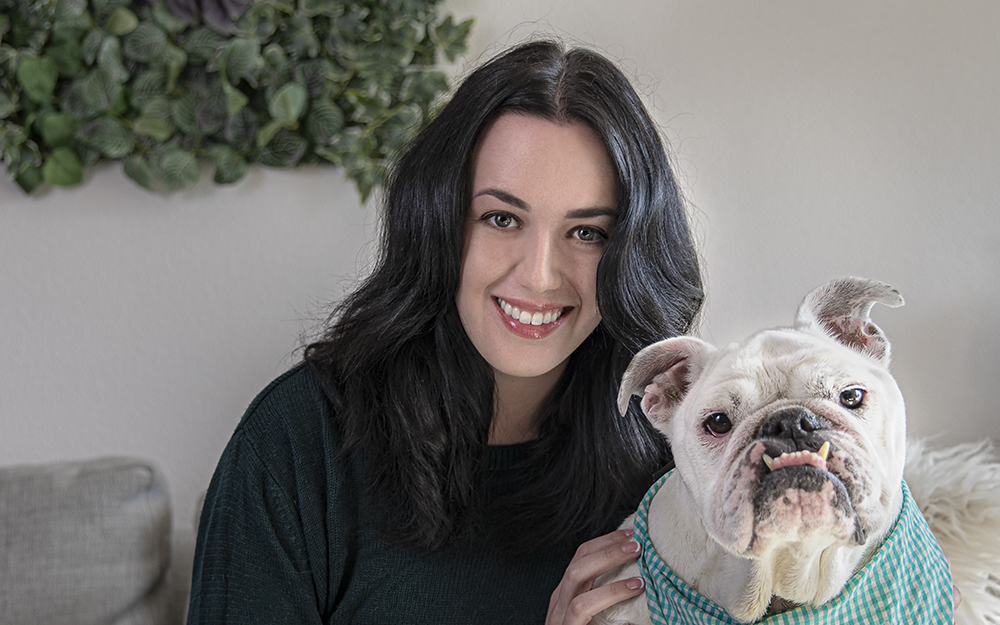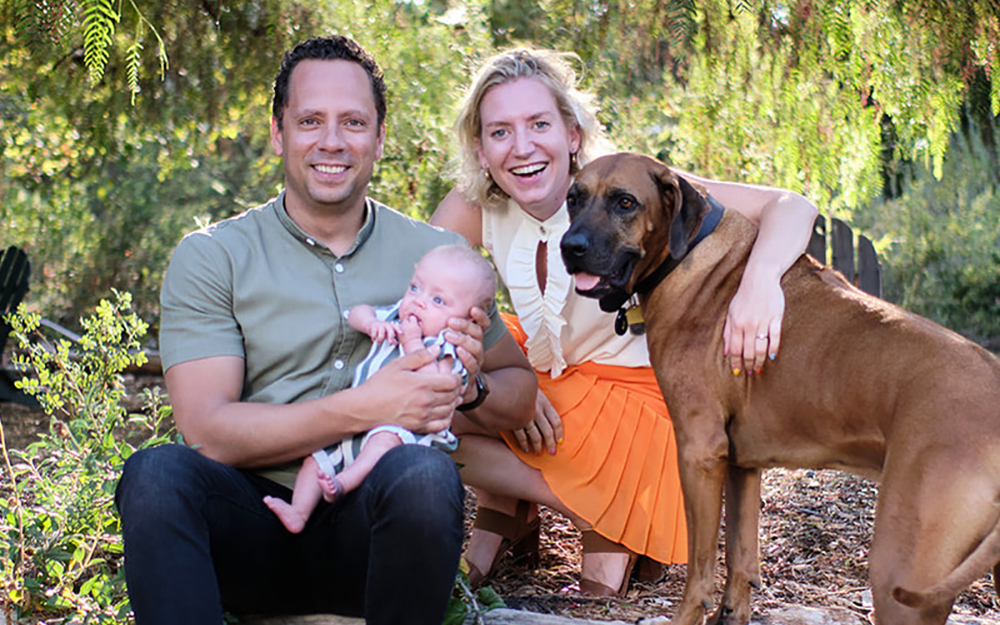Don't Get Dismissed: Women Should Advocate for Themselves With Their Doctors
Date
April 21, 2023

Date
April 21, 2023
Credits
Medical providers featured in this article

In Brief
{{cta-block}}
Pain and health concerns of women and girls are dismissed far too often by doctors and researchers. Ample research shows that women are misdiagnosed, underdiagnosed and offered inappropriate treatments far more often than men. Professionals in the healthcare system have much work to do to overcome gender bias, but female patients can advocate for themselves, too.
Dr. Tania Esakoff, an obstetrician-gynecologist specializing in maternal-fetal medicine in the Cedars-Sinai Department of Obstetrics and Gynecology, offers advice for women seeking better treatment at the doctor’s office.
"People may not realize that even though a condition isn’t an active problem, it could affect their future health."
What do you think is at the heart of healthcare disparities between women and men?
Dr. Tania Esakoff: Women simply aren’t listened to as much as men. Their concerns are not taken as seriously. For example, if women present several complaints, doctors may think they’re hypochondriacs and not address the individual issues. But within those concerns, there may be something serious that needs to be addressed.
On the other hand, because she is used to being dismissed, maybe a woman won’t voice a complaint unless her doctor asks an attentive question. We have a medical history form that patients fill out at our office, and often a woman won’t mark anything as abnormal, but when I ask about her history, she’ll say, “Oh, yeah, except for that brain lesion two years ago.”
People may not realize that even though a condition isn’t an active problem, it could affect their future health. There’s a lot to be done on our end as doctors, such as doing a better job listening and picking up on important cues.
How can a woman select a doctor who will be her advocate?
TE: The first step is to talk to the doctor you already have. If you have a good relationship with your primary care physician or primary OB-GYN, they can give you advice about who will be a good match.
It comes down to a personality fit in many ways. Friends are important resources as well: If your friend feels listened to, her doctor will likely do the same for you. Online reviews are a little bit tricky. The Cedars-Sinai website is very reputable, but you want to check that other outlets are presenting valid information by considering the source and the reviewer.
What can patients do to make it more likely that a concern will be heard?
TE: I recommend researching the type of doctor you want to see, what their specialty is and how they can help your symptoms. If someone comes to me with something outside my expertise, I can refer them to a different specialist—but if you, as a patient, target the right expert, you’ll get better solutions.
Sometimes patients come with so many concerns that it’s hard to figure out what I can help with, so I suggest thinking ahead of time about what you want to address in your visit.
Finally, don’t forget to advocate for your health. An expecting mother often just asks me, as their OB-GYN, if the baby is OK. But I’m a maternal-fetal medicine specialist, and maternal health is half of what I do!
In pregnancy, some moms-to-be are so focused on the baby that they disregard that the baby needs them to be healthy when they are born. With a patient who doesn’t mention her own issues, I tell her she’s super important too. We’re going to take very good care of both of you.
How can a patient turn things around if a doctor is being dismissive?
TE: The key is to keep the conversation civil. When someone gets angry, the response of the other person becomes more anxious. You can say, “Thank you for listening to what I’ve mentioned, but I feel like we still haven’t addressed this issue. Can you please loop back to this because it is very important to me?” For a doctor who may be very busy and thinking about the rest of their day, they should realize that this is vital to discuss.
{{providers}}
What if a patient leaves a doctor’s visit unsatisfied?
TE: If something was supposed to happen and it didn’t happen in the visit, the patient should remind the doctor. It’s not always because the doctor blew them off—they might have gotten distracted and forgotten they were going to order certain labs, offer a referral and so on.
If you’re a Cedars-Sinai patient, reach out to your doctor afterwards with the My CS-Link app and follow up. Sometimes a patient will just drop it—a referral doesn’t get placed and the patient doesn’t pursue it. That’s an unfortunate miss. Make sure you get what you were supposed to get.
When does it make sense to seek a second opinion?
TE: I tell my patients, if the news I delivered is shocking or scary, or the implications are big, they should feel free to see someone else. I might be 100% sure that the diagnosis is accurate, but sometimes hearing it from a second expert can be valuable for my patient’s peace of mind.
Alternatively, if an interaction with one doctor isn’t the best for you, you should go find the right fit. Patients are sensitive about hurting doctors’ feelings, but you want to make sure the one you end up with is the best option for you. You should feel good about what’s happening with your healthcare.





